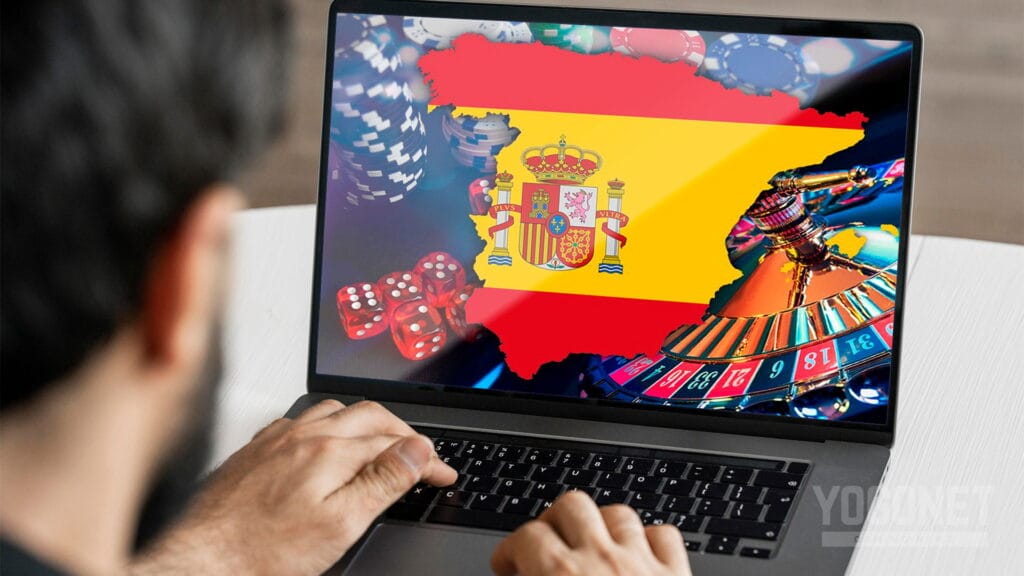Mexico Freezes Casino Permits, Prioritizing Regulation
Mexico’s Secretariat of the Interior (SEGOB) announced on May 21, 2025, that it will not issue any new permits for casino operations within the country. This decision reinforces the government’s policy of containment, aimed at preventing the uncontrolled expansion of gambling platforms. The move ensures that existing operators adhere to regulations effectively.
Casino Regulation in Mexico
The legal foundation for gambling in Mexico is the Federal Law on Games and Sweepstakes, enacted in 1947. While somewhat outdated, it has been supplemented with administrative regulations and agreements to allow for flexibility in its application.
SEGOB’s Role in Casino Oversight
SEGOB, through its General Directorate of Games and Sweepstakes, regulates the casino sector. This ensures operators maintain safe and reliable practices.
The Directorate grants permits and licenses, oversees operations, and enforces sanctions when necessary.
Mexico has adopted a restrictive stance on new licenses in recent years. SEGOB has stated that no new permits have been issued since 2014, with existing operators functioning under previously granted authorizations.
Gambling Regulation in Spanish-Speaking Countries in 2025
Gambling regulation in other Spanish-speaking countries reveals diverse models of control and liberalization. Here are some countries with clear and efficient laws for gambling operators:
Spain
Spain boasts one of the most comprehensive and modern regulatory frameworks for gambling. Law 13/2011 regulates both land-based and online gambling, enforced by the General Directorate of Gambling Regulation (DGOJ).
The system is based on general and specific licenses, granted under rigorous financial and technical criteria.
A key focus of Spanish legislation is player protection. Measures include:
- Self-exclusion programs
- Deposit and spending limits
- Mandatory identity verification (KYC)
- Prohibition of advertising targeting minors
Spain has also become a leader in innovation. Jackpot Sound recently launched its platform, transforming the traditional casino experience. It’s a website showcasing electrifying wins on progressive jackpots, emphasizing responsible gaming.
Argentina
Argentina’s regulatory approach is decentralized, with each province regulating gambling within its territory. This leads to varying regulations and control systems.
Casino Regulation Examples
Buenos Aires City and Buenos Aires Province recently regulated online gambling. Operators must partner with local companies to obtain licenses, supervised by the Provincial Institute of Lottery and Casinos (IPLyC).
Argentine regulations include control mechanisms for responsible gambling:
- Time limits and deposit/withdrawal limits
- Self-exclusion registries
- Educational campaigns on problem gambling prevention
- Self-assessment questionnaires
However, regulatory fragmentation poses challenges for interprovincial control, impacting the prevention of illegal gambling.
Colombia
Colombia is another leading Latin American country in online gambling regulation. In 2016, ColJuegos launched a legal framework that has served as a model for other countries in the region.
Operators must obtain a B2C license to offer services such as:
- Sports betting
- Card games
- Video slot machines
- Instant games
The Colombian system requires operators to pay an annual fee equivalent to 811 minimum wages, plus 15% tax on gross income (if RTP is above 83%, otherwise 17%). They also pay a 1% administrative fee on net income.
Colombia has faced criticism for low levels of oversight in rural areas and a lack of mass campaigns to address problem gambling, especially among young people from low-income backgrounds.
Key Elements in Casino Control
While each country has its own unique aspects, certain common elements form the basis of effective sector regulation. These fundamental elements include:
- Clear and limited licensing to prevent the proliferation of unregulated operators, facilitating casino control.
- Player protection, including spending and time limits, identity verification, and self-exclusion mechanisms.
- Fiscal transparency with clear tax rules to prevent evasion.
- Monitoring technology through online systems for real-time auditing.
- Evaluation and prevention through public campaigns on gambling risks and addiction treatment.
These elements not only protect consumers but also strengthen the sector’s legitimacy, attracting responsible investments and reducing illegal gambling.
Stay ahead of the game in the licensed betting world – get the latest insights at LicensedBettingSites.com.















